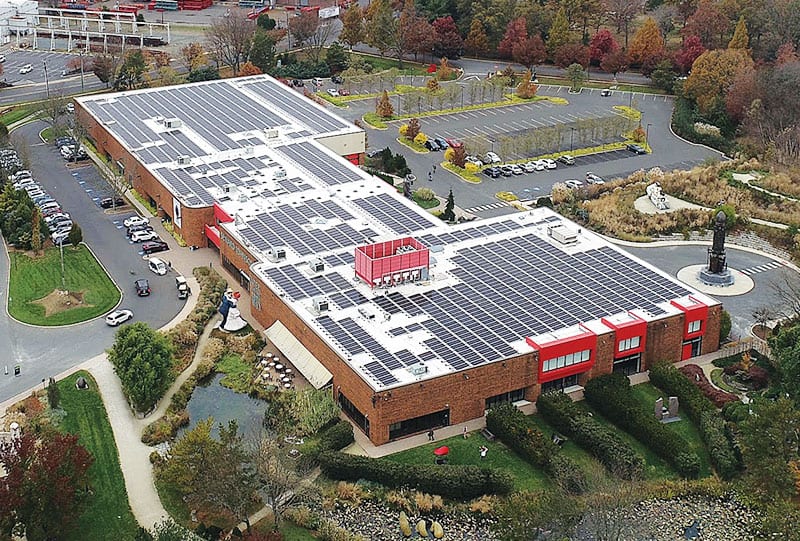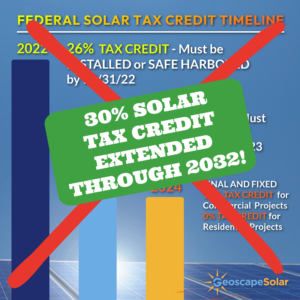COMMERCIAL SOLAR INCENTIVES
Your system can pay for itself in just a few short years.
Whether you purchase a solar power system, lease one, or buy solar electricity through a service agreement, federal, state, and utility incentives make solar economics compelling! When using a lease or PPA program, you do not even have to make an up-front investment and can start enjoying net electricity savings from Day 1. Available incentives, combined, can equal up to 70% of the cost of your solar energy system. Contact our commercial solar installers in New Jersey today to learn more.


Federal Investment Tax Credit (ITC) – 30%*
The Solar Investment Tax Credit (ITC) is a dollar-for-dollar reduction in the income taxes that a company or property owner claiming the credit owes and/or has paid to the federal government. The Federal ITC is equal to 30% of eligible costs to install the solar power system.
* This material is for informational purposes only, and is not intended to provide, and should not be relied on for, tax, legal or accounting advice. You should consult your own tax, legal and accounting advisors before engaging in any transaction.
State Incentives
Significant incentives are available in most states. Depending on where your property is located, in addition to the 26% ITC, your company might be able to qualify for up to a 70% cost savings with total available Solar Tax Incentives. Please view incentives below.






Depreciation Deduction*
Not only do solar power systems return 26% of their cost back in the form of a federal tax credit, but they also have an asset basis of 87% of the purchase price. This basis can be deducted from commercial taxable income. For federal tax, all of the depreciation can be taken in the first year. For state tax, the depreciation can usually be used over six years.
*This material is for informational purposes only, and is not intended to provide, and should not be relied on for, tax, legal or accounting advice. You should consult your own tax, legal and accounting advisors before engaging in any transaction
Net Metering
Net metering allows the electric grid to store the electricity produced by your solar energy system to use at a later time and helps maximize the investment in your system.
When your solar panels produce more electricity than your property uses during the day, the unused electricity is sent back to the grid. When your property uses more electricity than your solar panels produce, your property draws electricity from the grid. At the end of your billing cycle, your property is charged for the balance or “net” of what you put into the grid vs. what you took off the grid.
A properly designed solar energy system will produce enough electricity to cover a large percentage of your property’s annual usage. The amount of electricity your system generates will range based on the amount of sun it receives throughout each season. Net metering credits higher producing months against the lower producing ones.
You solar advisor can further explain how Net Metering will enhance your solar savings.
QUICK LINKS
Learn more with the links below.
LET’S CONNECT
Get a complimentary solar analysis for your property.


